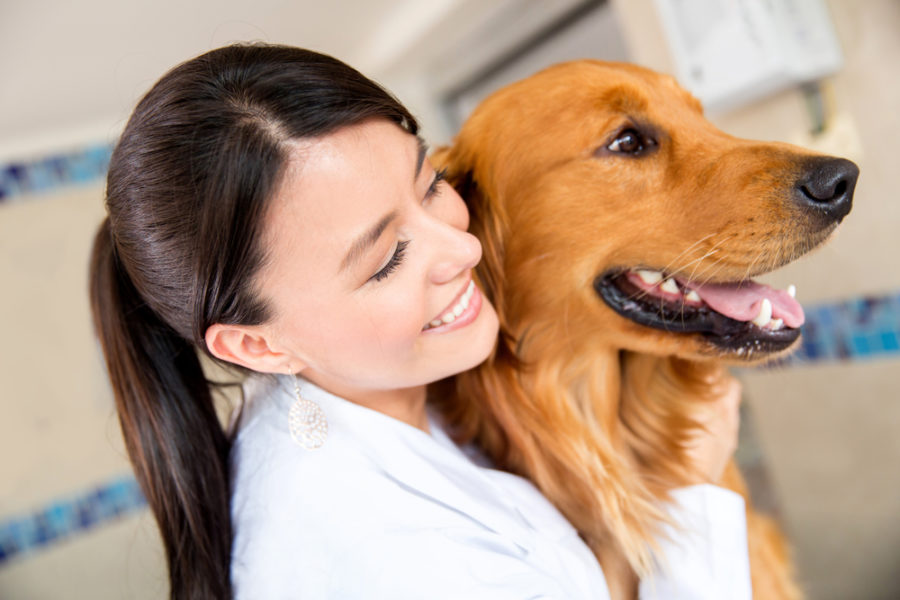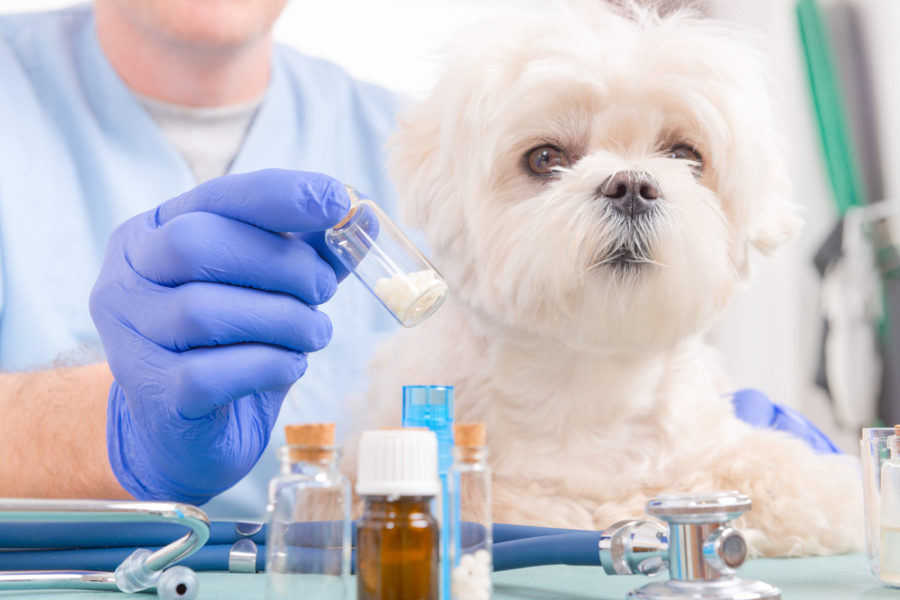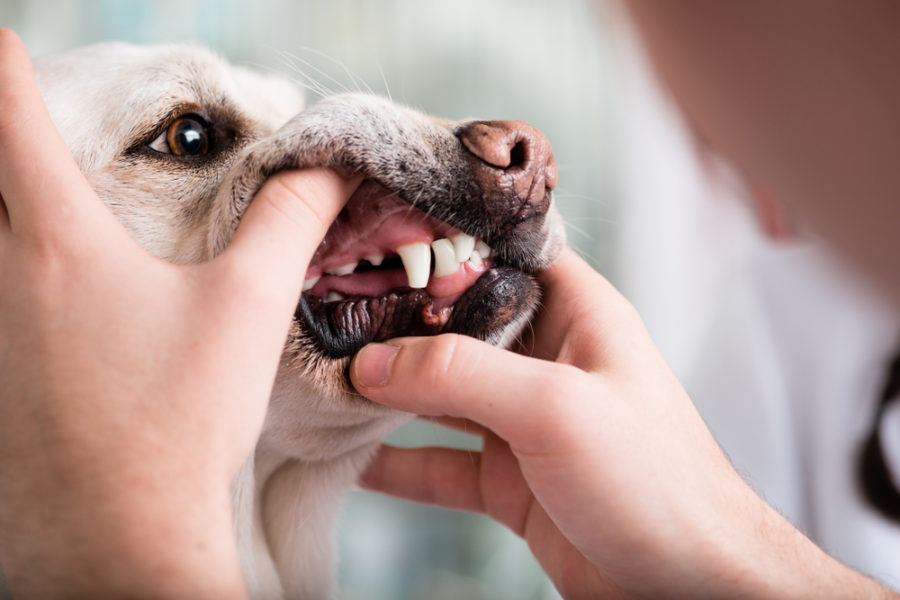It’s easy to dismiss integrative and holistic veterinary care as “too expensive” or “not worth it”. Here’s why you should consider giving it a shot.
So many people come to holistic or integrative veterinarians after they have spent thousands trying to identify the cause of an animal’s problems. My coaching is to first go to an integrative veterinarian and partner with them to maximize health. Explore the different techniques you read about here in Animal Wellness. Some of them you can do yourself (Reiki, TTouch, acupressure and many others). Some of them need a trained person (you could learn many of them, too, with much study) like acupuncture and chiropractic.
When I only had my conventional veterinary training, I would often be very puzzled by mystery problems. Often I felt I needed to know the cause of the problem before I could treat it. The tests were often very expensive. The holistic philosophy has taught me that there is an underlying vibrational imbalance that causes most problems and the healing goal is to resolve that imbalance with treatments selected for that individual animal. Often we do not need a lot of western diagnostic tests.
To better understand this perspective, read the first few chapters of Don Hamilton’s Homeopathic Care of Cats and Dogs or the few pages in my book, the Healthy Animal’s Journal. Now that the multitude of holistic modalities is available, I can tell you to never give up. Try one after the other, and record the changes with each. They are often much less expensive than conventional. I would, for now, cease working with your conventional veterinarians as they seem stumped.
Not every dog can be healed, of course. Most of my clients are content with helping their animals feel better with the many holistic approaches, even if we are not able to completely cure them. Since you did not specifically state your dog’s problems, I cannot direct you more specifically other than:
1. Find an integrative veterinarian — http://www.ahvma.org/Widgets/FindVet.html
2. Follow the basic 7 keys to health – understand how animals become ill and recover; feed the best (usually a raw meat pureed vegetable diet); limit vaccines to only the required Rabies; minimize toxins (like flea treatments and household cleaner); work with an integrative vet; learn holistic approaches you can do (like Reiki); learn how to tell if your treatments are curing, palliating or suppressing (keeping a Journal can really help with this – one is at www.HealthyAnimal’sJournal.com.
Rescue Remedy and other emergency flower essences are totally safe and always worth a try. In general they do not deeply cure. They can certainly minimize symptoms and may be all your dog needs to become comfortable with his issues.








